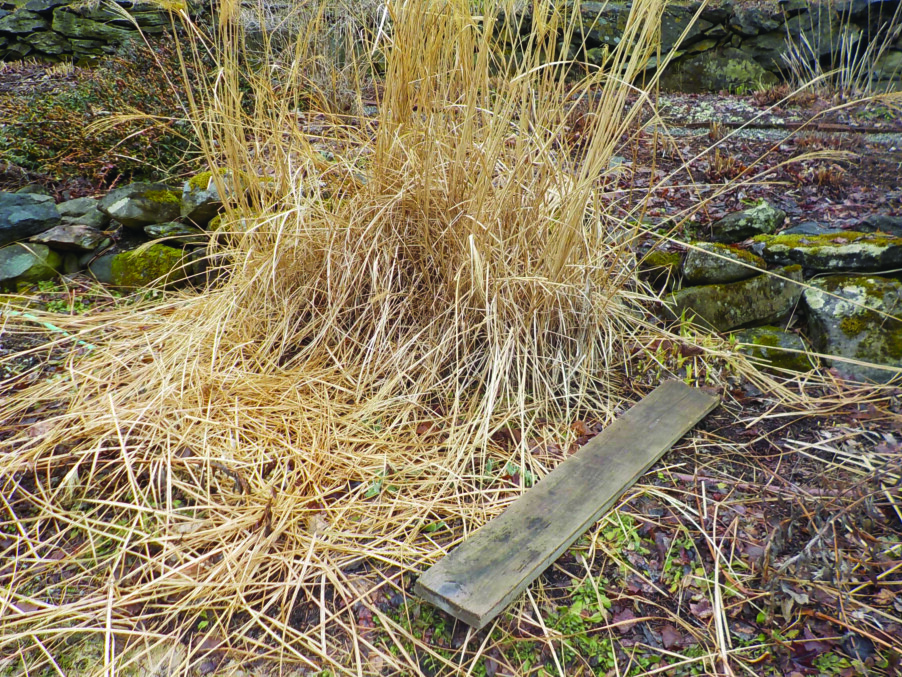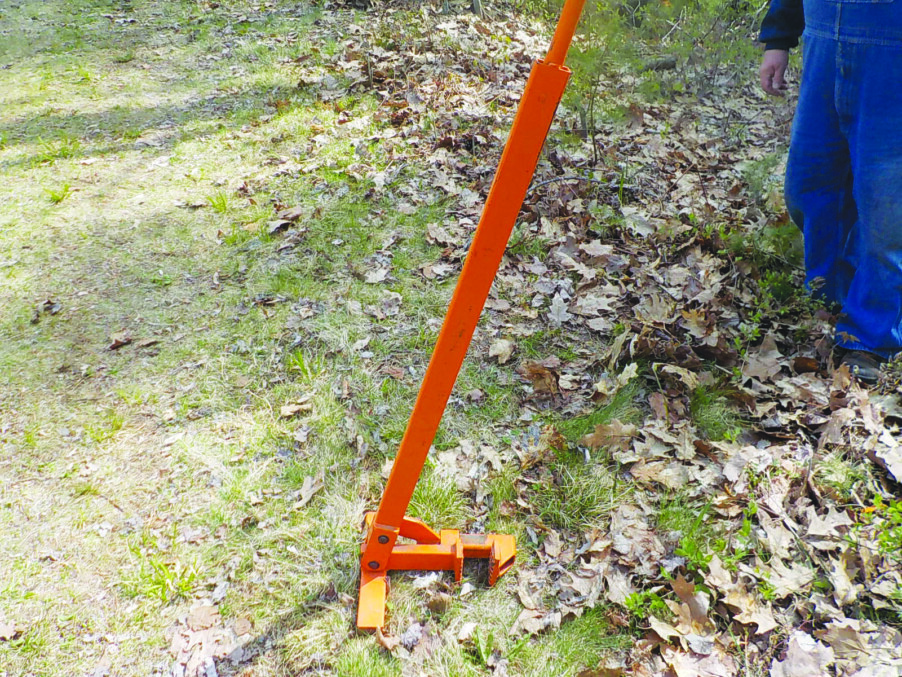Celebrate music with Record Store Day
Special releases and pressings of records will be gone before consumers know it on Record Store Day.
Across the country and the world, millions of people will go to record stores to snatch up limited-edition vinyls.
“There’s about 500 titles this year, which is a lot less than they’ve had in the past,” said Bill Proulx of Metro City Records in Manchester. “There are lots of limited-edition records that don’t go on sale until that day. Usually, everything sells out in half an hour to an hour.”
One of the biggest titles coming to the day will be a special pressing of Taylor Swift’s album Folklore that will have never-before-featured music and audio. Swift’s album had been produced during the pandemic and in complete isolation. This special edition, called Folklore: The Long Pond Studio Recording, has 115,000 copies going on sale around the world on Record Store Day, with 75,000 going on sale in the States.
Other titles stores are excited about include a release from Billy Joel before he was popular, singing covers of Elton John and other influences in the piano man’s music. There will also be a multi-record release from Van Halen and live recordings from Pearl Jam and Grateful Dead concerts.
“The growth of physical music sales, like CDs, bottomed out and vinyl has been a straight growth since Record Store Day started,” said Chris Brown, vice president of finance for Bull Moose Music, which has a store in Salem. “Now it’s crazy. Probably more records will sell on this one day than [sold in] all of 2007; it’s that big.”
Brown had been the head of the coalition that founded Record Store Day. He said that it was something that everyone in his group felt was doable, combining special releases of records with local live bands performing, and other little perks the stores felt they could pull off.
On the first year of Record Store Day in 2008, Brown hadn’t expected much to happen. He said the group had anticipated 200 stores across the country to participate, and to amass a small following of hardcore record collectors. Instead, the day was more successful than he’d thought it would be.
“Something like 600 stores participated that year, and that was really just in the U.S.,” Brown said. “Way more people showed up than we thought. The vibe was wonderful. It changed the mood in the music industry.”
Brown noticed that there’s a change in Record Store Day’s participating artists. Instead of being focused more on classic rock bands from the 1970s, there’s a growing number of groups from the late 1980s and 1990s. Even modern bands and musicians other than Swift, like The 1975 and Post Malone, are participating in the day.
“The trends look like [Record Store Day is] trying to get new people in stores,” said John Benedict, the owner of Music Connection in Manchester. “The focus seems to be on things that kids might buy today. [The records] are not appealing to me as much anymore.”
Benedict said that he’s happy to see vinyl still being celebrated and having younger generations love it the way he had. He said that, to him, records represented more than just a physical copy of music, it’s the only way music was accessible for his generation.
“Most customers have maybe 25 to 50 records tops,” Benedict said. “Their collections don’t get into hundreds anymore.”
Record Store Day participating stores
Bull Moose
419 South Broadway, Salem, 898-6254, bullmoose.com
Defiant Records
609 Main St., Units 1 and 2, Laconia, 527-8310, defiantnh.com
Metro City Records
691 Somerville St., Manchester, 665-9889, metrocityrecords.com
Music Connection
1711 S. Willow St., Manchester, 644-0199, musicconnection.us
Newbury Comics
777 S. Willow St., Manchester, 624-2842; Pheasant Lane Mall, 310 Daniel Webster Highway, Nashua, 888-0720;The Mall at Rockingham Park, 99 Rockingham Park Blvd, 890-1380; newburycomics.com
NH Vintage Vinyl
633 Main St., Laconia, 527-8124, nhvintagevinyl.com
Pitchfork Records
2 S. Main St., Concord, 224-6700, pitchforkrecordsconcord.com





